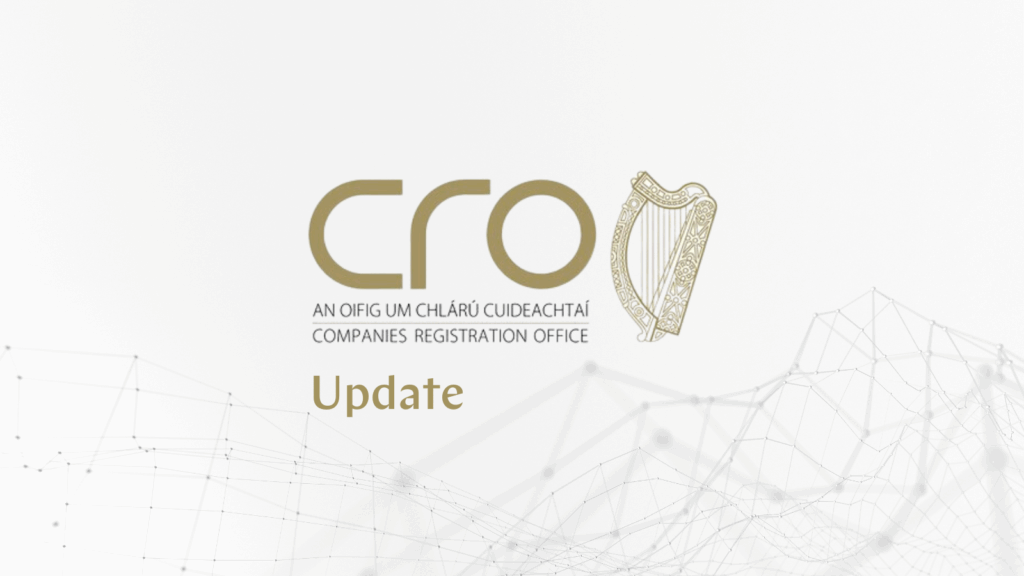
On 16th July, Minister for Enterprise, Trade and Employment, Peter Burke, announced the commencement of the long-awaited Section 22 of the Companies (Corporate Governance, Enforcement and Regulatory Provisions) Act 2024. This major development marks a significant shift in the rules surrounding audit exemption eligibility for Irish companies.
What Has Changed?
The new regime replaces Section 363 of the Companies Act 2014, which previously dictated that a company would lose its audit exemption on the first occasion of late filing of its Annual Return (ARD).
Under Section 22, effective from the 16th July 2025, companies that qualify as small companies will now be permitted a once-off opportunity to be late once within a five-year cycle without automatically losing their audit exemption.
How It Works:
-
A small company that fails to deliver its ARD after the 16th July 2025 but has not been late in the previous five years will retain its audit exemption.
-
If a company has two late filings within any five-year period, it loses its audit exemption for the following two financial years.
-
Importantly, a company’s first annual return or any previous failure before the 16th July 2025 commencement date will not count as an earlier failure. Section 363(2)(b) confirms that if a company files late after the commencement date, any late filing before the commencement date will be disregarded when deciding if audited financial statements are required, effectively wiping the slate clean.
-
The five-year reference period came into effect from midnight on the 15th July 2025 for companies not currently required to file audited accounts due to previous late filings.
Late annual returns filed before midnight on the 15th July will require an audit for the following two annual returns.
What About Group Companies?
It’s important to note that the new audit exemption regime does not apply to companies that are part of a group, even if the group qualifies as small or micro. Under the current legislation, a late annual return by any company within a group structure can still result in the automatic loss of audit exemption for that entity. The changes introduced on the 16th July 2025 apply only to stand-alone companies.
Choosing a Section 343 District Court Application
The Section 343 District Court application route also remains available. This option allows companies to seek an extension of time to file their annual return, particularly in cases involving exceptional circumstances. If granted, this court order can waive late filing penalties and preserve audit exemption, even for companies in a group structure or those outside the scope of the new legislative changes.
For guidance on how these changes may affect your company’s filing obligations, feel free to contact the Company Bureau team. Give us a call at +353(0)1 6461625 or fill out our online contact form.
Disclaimer: This article is for guidance purposes only. It does not constitute legal or professional advice. No liability is accepted by Company Bureau for any action taken or not taken in reliance on the information set out in this article. Professional or legal advice should be obtained before taking or refraining from any action as a result of this article. Any and all information is subject to change.